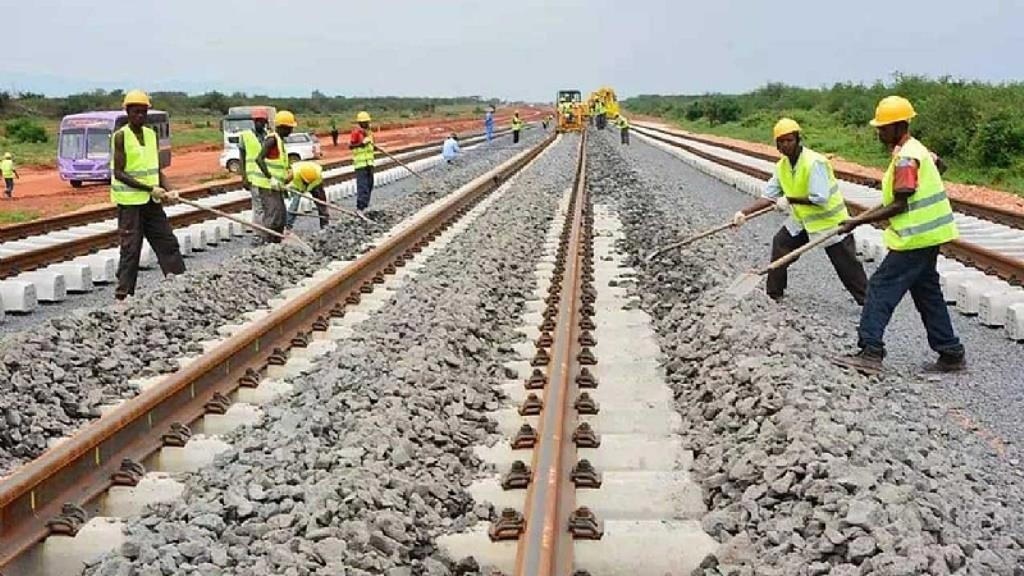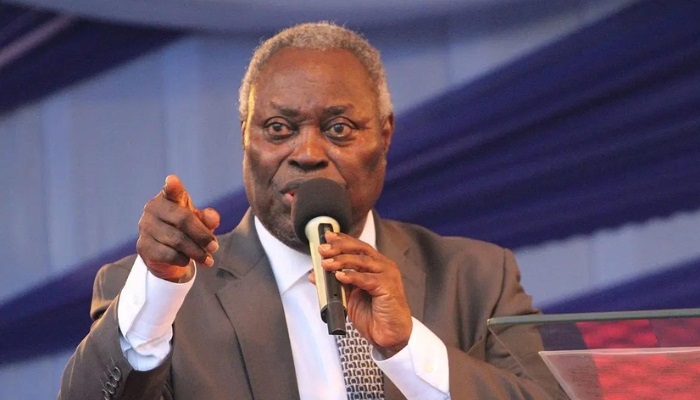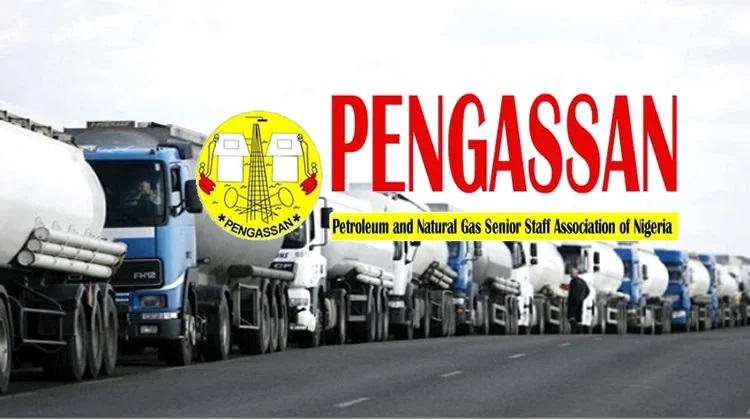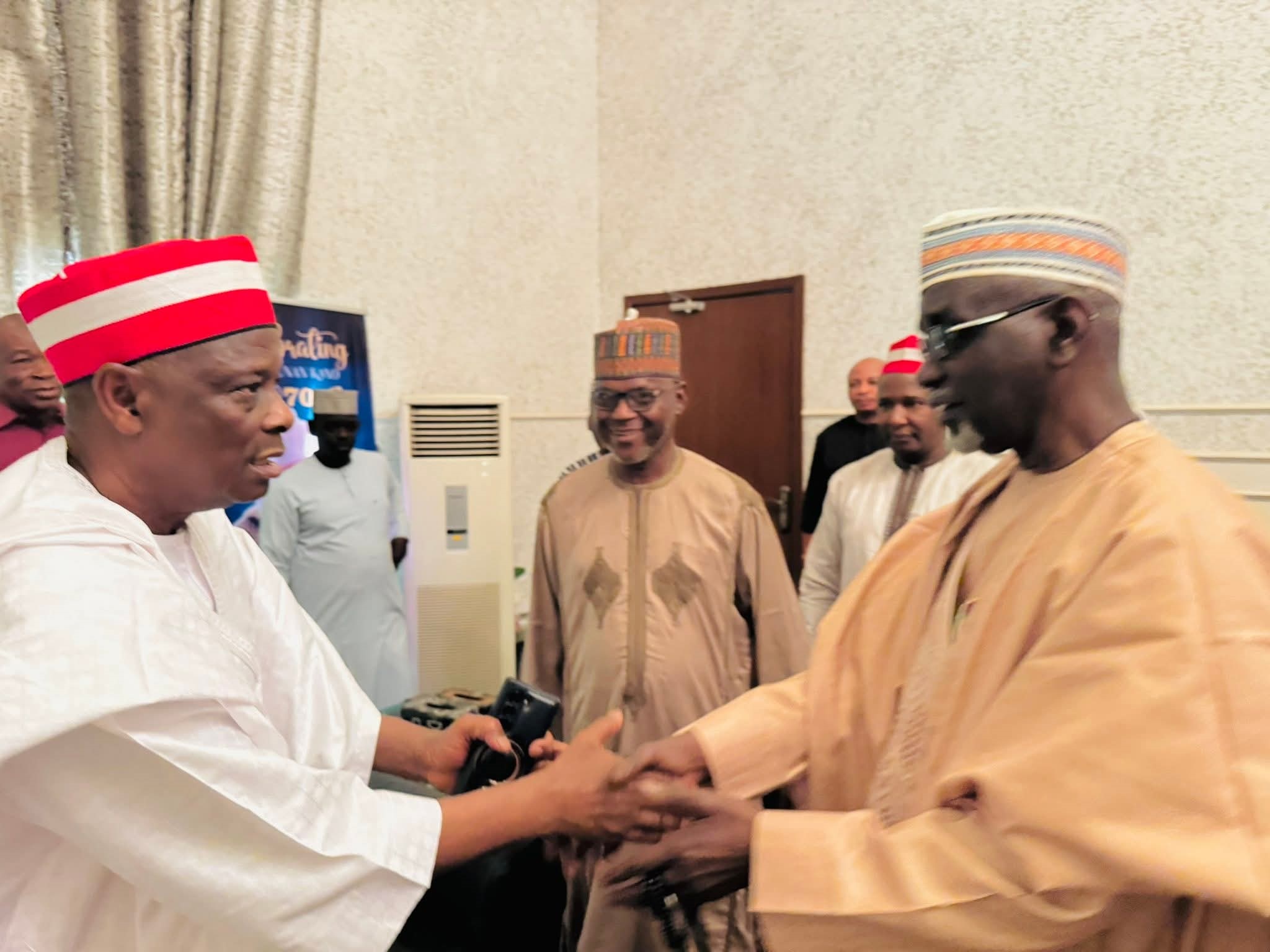The Minister of Transportation, Saidu Alkali, says the Northern region is one of the biggest beneficiaries of President Bola Tinubu’s Renewed Hope Agenda, particularly in the area of infrastructure.
Speaking at the Government-Citizens’ Engagement Interactive Session organised by the Sir Ahmadu Bello Memorial Foundation on Wednesday in Kaduna, Alkali said the Tinubu administration had revived and fast-tracked numerous road, rail, housing, and energy projects across the North.
He disclosed that the Kaduna–Kano Standard Gauge Rail Line, which stood at only 15% completion when the current government assumed office, has now reached 53% and is on track for completion by 2026.
Similarly, the Kano–Maradi rail line has progressed from 5% to 61%, while sections of the Port Harcourt–Maiduguri narrow gauge corridor are also under active development.
One of the landmark projects, according to the minister, is the proposed 1,068km Sokoto–Badagry Superhighway, which cuts across Sokoto, Kebbi, Niger, Kwara, Oyo, Ogun, and Lagos States, aimed at enhancing national connectivity and economic integration.
“The North is not left out. In fact, it is reaping big from this government’s infrastructure revolution,” Alkali said.
“From roads and rail to inland ports and power, the evidence is on ground.”
He credited President Tinubu’s direct diplomatic engagement with Chinese authorities for unlocking stalled project funding, particularly for rail infrastructure.
Alkali added that rehabilitation has begun on the Lagos–Kano narrow gauge rail line to bolster freight movement and activate inland dry ports in Kano and Kaduna.
In the Federal Capital Territory (FCT), the minister highlighted several ongoing projects including new road interchanges, dual carriageways, and four-span bridges designed to ease traffic and improve regional access.
Under the Renewed Hope Cities Initiative, Alkali said over 3,000 housing units have been constructed in Kano, Katsina, Gombe, Yobe, Benue, and the FCT, with more underway.
In the energy sector, he noted that the Rural Electrification Agency (REA) had installed over 1,100 standalone solar systems and 32 mini-grids in five North-East states, significantly improving access to off-grid power.
The minister also revealed that the government plans to establish modern transport terminals in each geopolitical zone, equipped with compressed natural gas (CNG) refuelling stations, security outposts, and sanitation facilities.
He said the Institute of Transport Technology in Zaria is now a hub for CNG vehicle conversion training, aligning with the government’s post-subsidy transport cost-reduction strategy.
Furthermore, Alkali confirmed that the Federal University of Transportation, Daura project had been revived, with the National Universities Commission (NUC) now providing mentorship and supporting its academic framework.
He reiterated that President Tinubu is committed to equitable development across all six geopolitical zones, and urged northern leaders, traditional institutions, and civil society organisations to support and safeguard federal projects.
Also speaking at the session, Minister of State for Works, Alhaji Bello Goronyo, emphasised the strategic relevance of the Sokoto–Zaria Highway, which he described as a key economic corridor currently under reconstruction.
Goronyo noted that four contractors are presently on site:
“CBC is handling the Sokoto–Talata Mafara axis, with 24km of reinforced concrete already completed.
Other firms are working simultaneously from Talata Mafara to Kwatarkwashi, Kwatarkwashi to Funtua, and Shika to Zaria.”
He added that dozens of bridges are being constructed along the corridor and commended the rigorous inspection regime being undertaken by both Ministers of Works to ensure value for money and quality assurance.
Goronyo also confirmed that several previously abandoned projects are being re-evaluated and re-awarded as a result of renewed budgetary focus and Tinubu’s determination to complete legacy infrastructure across all zones.





